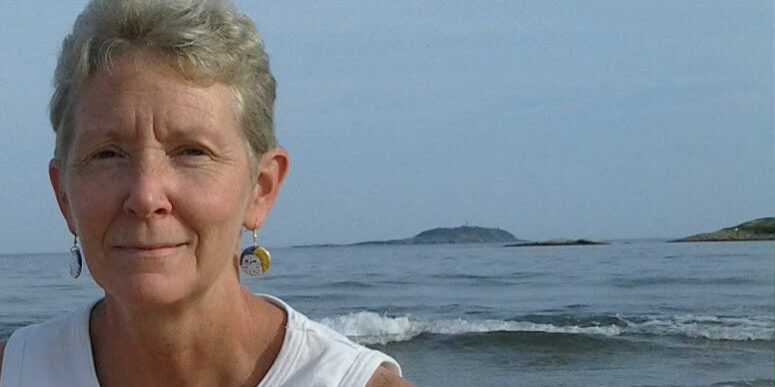Water is Life: Christian Perspectives on Water
Deborah Goodwin is Associate Professor in Religion; Gender, Women and Sexuality Studies; and Environmental Studies at Gustavus Adolphus College. Deborah is a member of the MNIPL River Prairie Network Leadership Team. She delivered the following remarks at Interfaith Perspectives: Water, a panel discussion exploring how diverse faith traditions understand water as more than simply a commodity.
I have been asked to speak about, and for, Christianity – a very broad, diverse and sometimes divided category! So I will speak from only the part of the tradition most familiar to me, the “sacramental” end of the Christian spectrum that includes Catholics, Lutherans, Episcopalians and “high church” Methodists. I exclude Eastern Orthodoxy only because I am not personally familiar with it.

Distinct from other branches of Christianity, Catholics, Lutherans and others also maintain a doctrine of sacramentality, the belief that everyday materials like bread, wine, and water can, under some conditions, become vehicles for God’s presence in powerfully transforming ways. When consecrated by ordained clergy in the presence of a faithful congregation, these basic elements of physical life also sustain us spiritually through ritual actions like the Eucharist (communion) or Baptism. Through them, the “spirit of God that swept over the waters” in Genesis is among us and brings about renewal of life.
The use of water of Baptism is “symbolic” only in the sense that it substitutes for the early church’s practice of plunging people into water, holding them down to the point of drowning, and only then releasing them to draw breath again. But it’s a real experience of spiritual transformation into a new life of love and grace, communicated in and through the use of water. In the sacrament, God can’t be separated from the water used, any more than our spirits can be separated from our bodies in that moment.
Not every branch of Christianity sees things this way: for those in the Reformed tradition, the spiritual reality of renewal is not so closely linked to material things. (In some parts of that tradition, the spiritual power of divine action, incomprehensible on any human scale, is understood to require no material vehicle. For others, Creation is sometimes seen as implicated in the “fall” of humans, and not a worthy vehicle for divine presence.)
But one point on which we can and should unite, with Christians and other faiths, is the ethical status of water. The human body, and brain, is chiefly water: babies as much as 78% so. The body doesn’t store water so we need a handy, reliable supply to survive. Without it, the average human can live no more than 3-5 days. By contrast, we can survive ~ 3 weeks without food.) Several of the most striking statements in Laudato Si, Pope Francis’ letter on the environment and inequality, concern water, and I’d like to read one in full. He writes: “Even as the quality of available water is constantly diminishing, in some places there is a growing tendency… to privatize this resource, turning it into a [marketable] commodity. Yet access to safe drinkable water is a basic and universal human right, since it is essential to human survival and, as such, is a condition for the exercise of other human rights. Our world 3 has a grave social debt towards the poor who lack access to drinking water, because they are denied the right to a life consistent with their inalienable dignity.”
To the degree that we allow clean, readily available drinking water to become a commodity guaranteed only to those who can afford it, we collude in the denial of a basic human right. The same is true if we ignore threats to safe drinking water made in the name of misguided, even dangerous, “development.” Finally, the pope shows some affinity with Islam when he notes that all creation exists to praise its creator: to impair any creature’s ability to do so, to damage the creation beyond recognition, is nothing short of a sin. It is also nothing less than irrationally short-sighted. Whatever our differences, superficial or deep, we are all connected to one another and to all that lives. Water is life; water can, and should, unite us.
Notes: Statements of opposition to the pipeline route have come from leaders at regional or national levels of the Evangelical Lutheran Church in America, the United Methodist Church, the United Church of Christ and the Mennonite Central Committee….The Episcopal Church has shown support in part through a statement by Presiding Bishop Michael Curry, who called the Missouri River “a sacred tributary that the Sioux people depend upon for their daily water.” (Episc. Bps. of N, S Dakota support the protests; no word from Catholics at episcopal level or above.)

